Aida Daily: Blue Origin vs. SpaceX / UK's £14B AI Plan / Neuralink's Brainy Leap
Aida Daily
Blast off into this week's cosmic capers! Blue Origin’s New Glenn and SpaceX's lunar duo vie for the skies, while the UK and AI plot world domination. Plus, Apple's DEI drama unfolds—grab your popcorn!
Blue Origin's New Glenn Ready for Liftoff
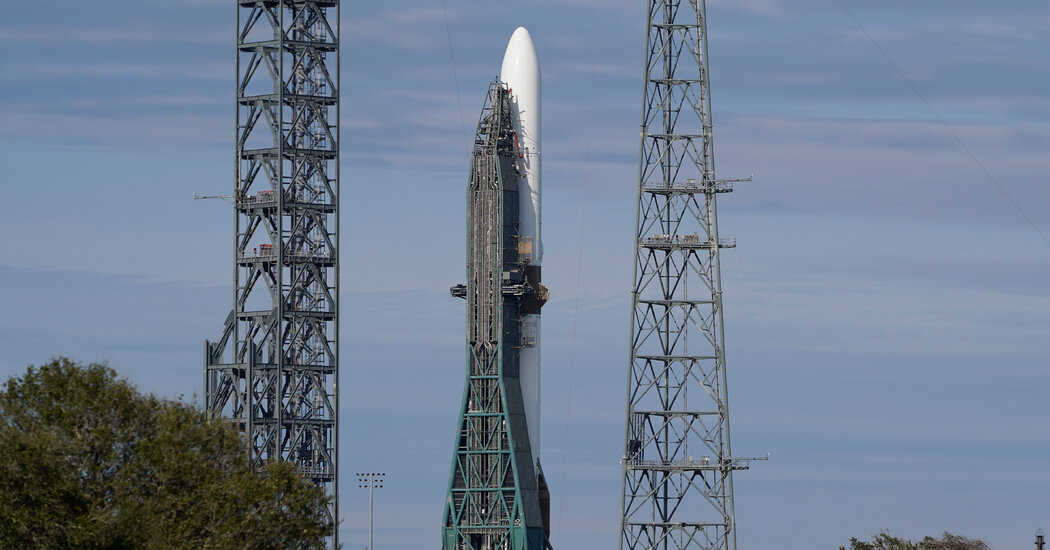
On January 13, 2025, Jeff Bezos' Blue Origin will launch its $2.5B New Glenn rocket from Cape Canaveral, marking a key play against SpaceX. Standing 321 feet tall, New Glenn will deploy the Defense Department’s Blue Ring Pathfinder and attempt a smooth landing on the whimsically named drone ship “Jacklyn”. Success could secure vital Space Force contracts and boost U.S. space redundancy, while a miss might delay NASA’s payloads. Watch the high-stakes drama unfold live on Blue Origin’s website, X, or YouTube!
UK’s £14B AI Push: Jobs, Supercomputers & Growth Zones
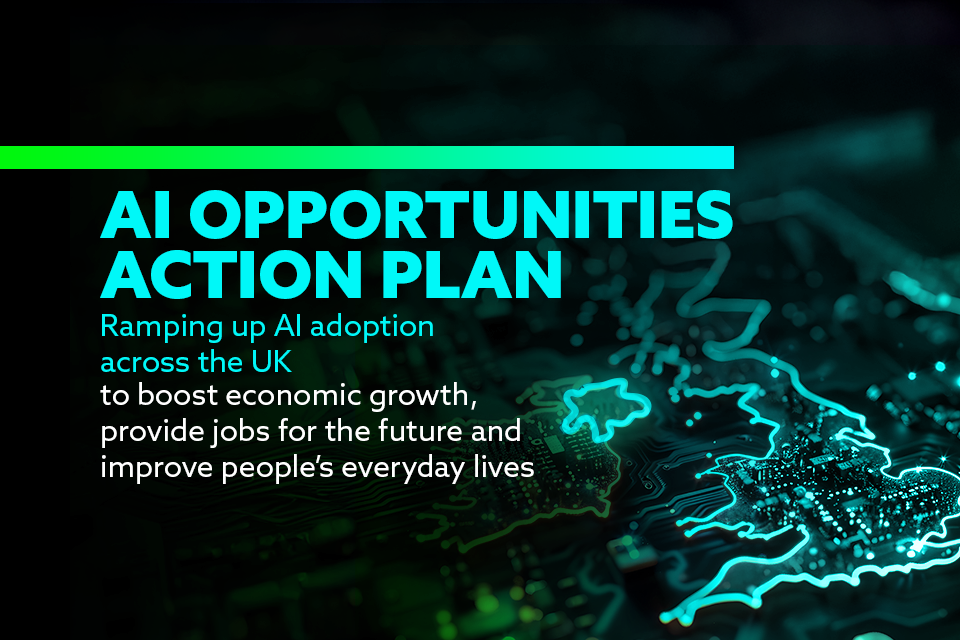
The UK Prime Minister unveiled a £14 billion AI Action Plan on January 13, 2025, backed by tech giants like Microsoft and OpenAI. The ambitious strategy aims to create 13,250 jobs and establish AI Growth Zones, starting in Culham, Oxfordshire. A new supercomputer will boost computing power 20-fold by 2030, while a National Data Library supports AI training. Public services will see a 20% efficiency boost, positioning the UK to climb from third to AI global leader—with a dash of British ingenuity!
Neuralink’s Third Brain Chip Implant Sparks Future Thinking
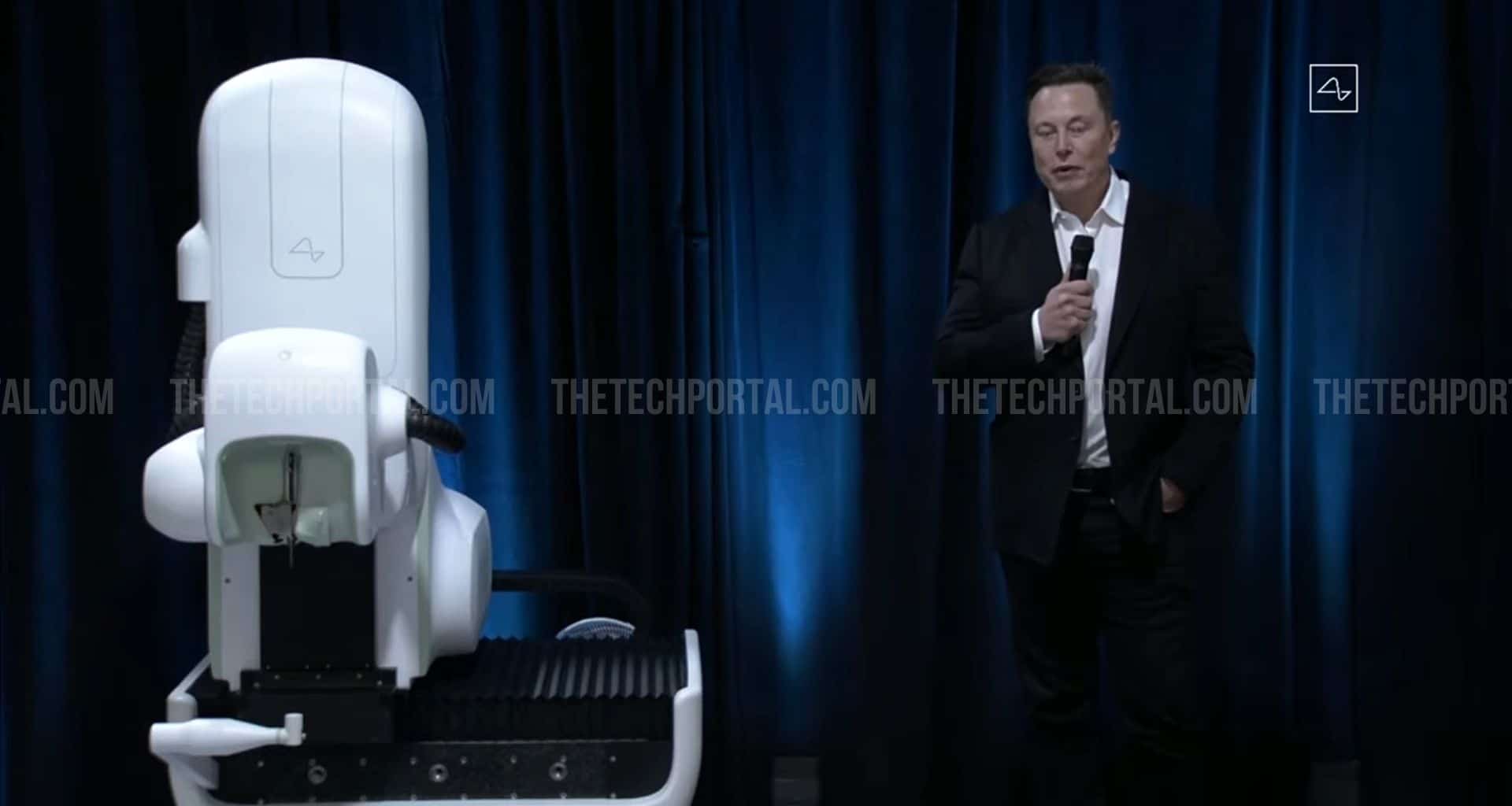
Elon Musk’s Neuralink successfully implants its third brain chip on January 10, 2025, ramping up to 20-30 more this year. The Link, boasting 1,024 flexible electrodes, lets patients control devices with their minds. After the first patient faced some chip tantrums, the second is now gaming and designing 3D objects—proof that even tech glitches can lead to brainy breakthroughs. With two FDA studies in the pipeline and Las Vegas as the launch stage, Neuralink is wired for success.
India's Renewable Surge: 30 GW Boost in 2024
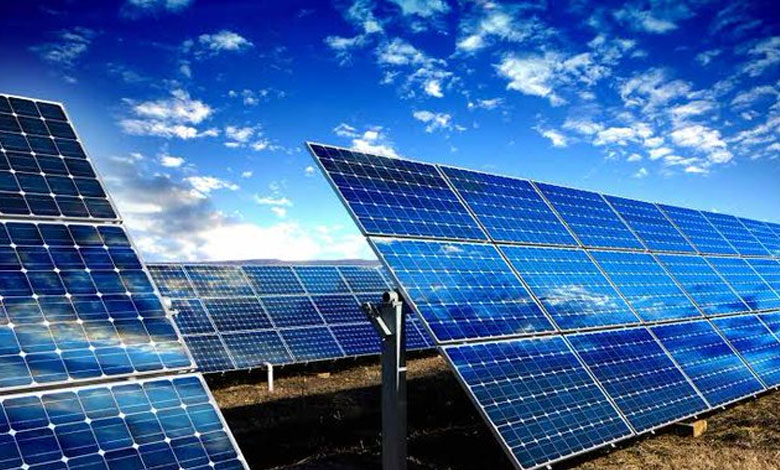
India turbocharged its renewable energy sector in 2024, adding 30 GW—a 113% jump from 2023—bringing total capacity to 218 GW. Aiming for 500 GW by 2030, the country needs to average 50 GW annually. Solar leads with 85.47 GW, including 12.92 GW from rooftops, while wind power reaches 46.66 GW. With non-fossil capacity now at 211.36 GW, India's green momentum is unstoppable, proving that sustainability and ambition can go hand in hand.
Apple Stands Firm on DEI Amid Conservative Pushback
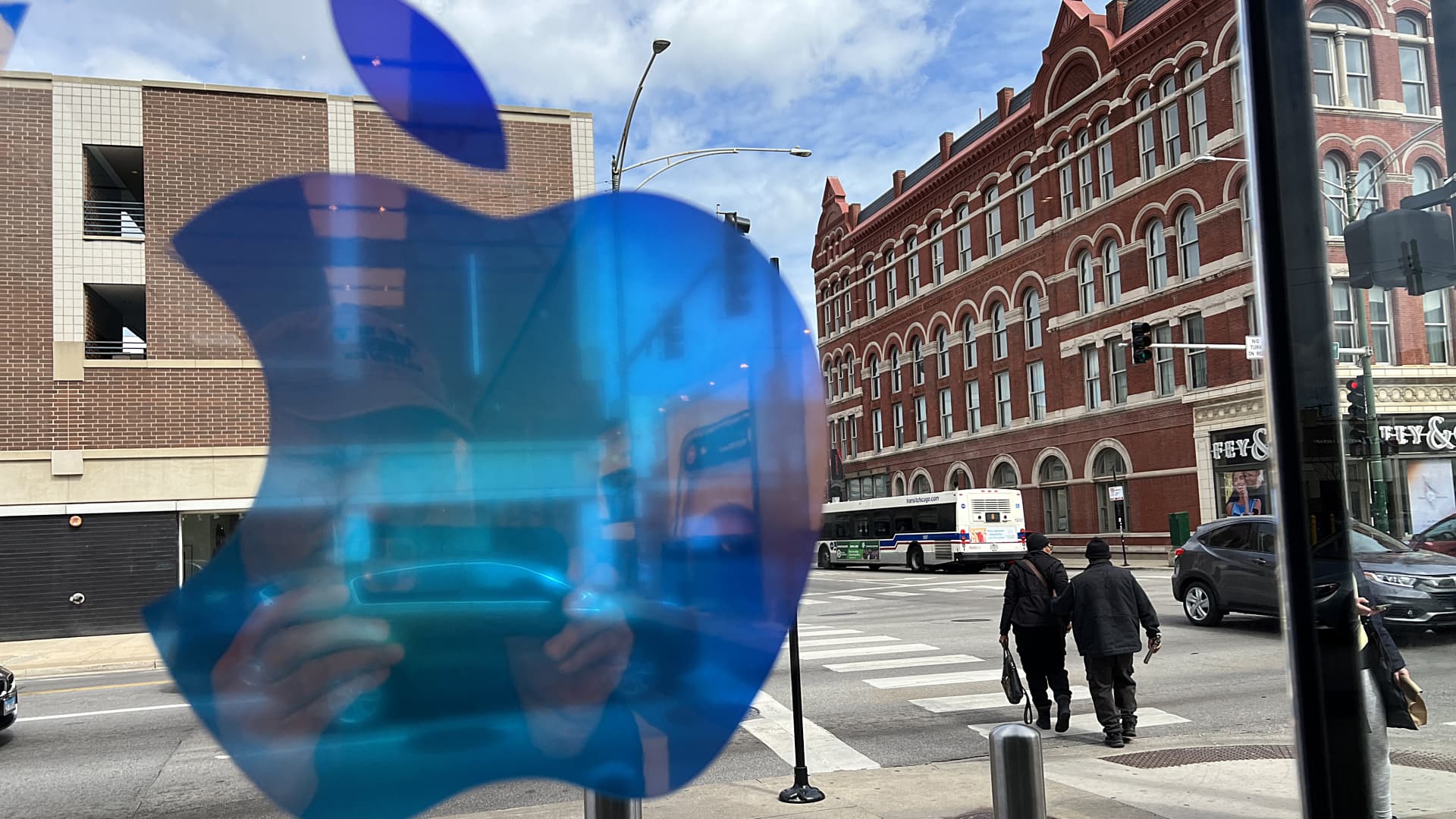
In a bold move on January 13, 2025, Apple’s board urged shareholders to vote against the National Center for Public Policy Research's proposal to nix the company's DEI programs. Citing robust compliance measures, Apple’s CEO Tim Cook dismissed fears of legal and financial risks. This stance contrasts with giants like Meta and Amazon, which have scaled back DEI amid a post-2023 Supreme Court landscape and Republican pressures from 13 state AGs. As the DEI battleground heats up towards the next election, Apple stays committed to fostering inclusivity with a wink and unwavering resolve.
SpaceX’s Lunar Launch Duo Sets Sail Jan 15

Brace for lift-off on January 15, 2025, as SpaceX's Falcon 9 rockets two lunar landers: Firefly Aerospace's Blue Ghost and Japan's ispace Resilience. Blue Ghost, with a 150kg payload and solar power, will capture stunning lunar images and test radiation-resistant tech. Meanwhile, Resilience sends a micro-rover to scoop moon dust and trial lunar farming. These missions kickstart NASA’s Artemis milestones, racing against the lunar night—proving the Moon isn't just a cratered neighbor, but a bustling frontier.
UK Minister Calls Online Safety Laws 'Unsatisfactory' Amid Tech Tensions

On January 10, 2025, UK Science Minister Peter Kyle lambasted the Online Safety Act as “unsatisfactory” and “uneven,” pushing for rapid legislative updates to better protect children and vulnerable users. Highlighting the challenge of regulating over 100,000 online services, Kyle stressed that US giants like Facebook and X must comply with UK laws despite Meta’s moderation pullbacks. Balancing safety and privacy, his call underscores the urgent need to keep pace with tech’s evolution—before the next viral trend blindsides us all.
Keir Starmer's £470 Billion AI Ambition for 2030

Labour leader Keir Starmer unveiled a bold 50-point plan to turbocharge the UK's AI capabilities, aiming to boost public AI computing power twentyfold by 2030. This initiative promises a whopping £470 billion economic uplift over the next decade, with tech giants Vantage Data Centres, Nscale, and Kyndryl pledging £14 billion and creating 13,000 jobs.
From personalized education to smarter infrastructure, AI is set to reshape multiple sectors. However, critics caution against rushing, highlighting the need for robust regulations to tackle misinformation and deepfakes. Will the UK lead the AI race or stumble in its ambition? Time will tell!
AI Boom: 78 Million Jobs Added by 2030

The World Economic Forum's 2025 report forecasts a global net gain of 78 million jobs by 2030, with AI, big data, and cybersecurity leading the charge. Expect 170 million new roles as tech advances reshape the labor market, while 92 million jobs, including cashiers and clerks, vanish to automation. Companies are balancing automation with retraining, ensuring humans and machines collaborate. Frontline roles like farmworkers and delivery drivers also surge. The future is automated, but don’t worry—humans are still in the loop!
Naujienlaiškis „Aida Daily“
Your AI-curated daily news briefing, spotlighting the latest in technology and global development. Stay informed with insights that matter.